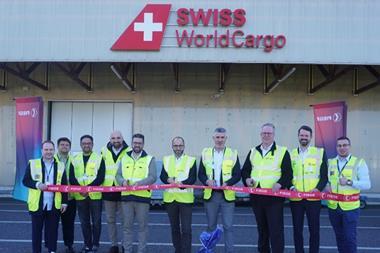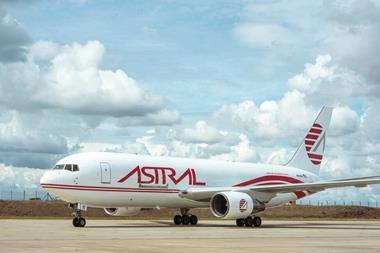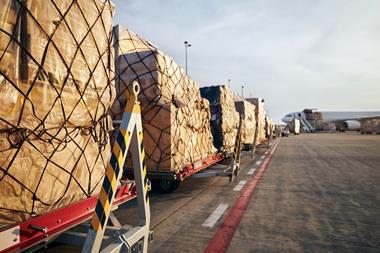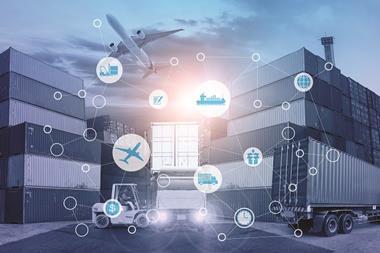Greater digital collaboration across air cargo’s supply chain and a need to speed up the digitisation process were two key themes raised in the opening session of IATA’s World Cargo Symposium in Singapore.
Singapore Airlines’ chief executive Goh Choon Phong called for “pushing the pace” of digitisation in air cargo and said that the industry “cannot continue working in silos”.
Alexander de Juniac, director general and chief executive of IATA, spoke of his “deep concern” over the current political climate for world trade and said that it is “not going in the right direction”.
Opening speaker Goh said that the rapid growth in e-commerce volumes was a challenge for the air cargo industry that needed more data collaboration across the supply chain in order to reduce manual processes.
He said that the air cargo had to “catch up” with the lead taken by the passenger side of the aviation business in screening, especially for airfreight shipments, but finding the correct balance between facilitation and security so that safety and reliability are not compromised.
Goh said that there was a clear need for harmonising of business processes in the air cargo industry, plus a greater use of artificial intelligence, virtual reality and the blockchain to make airfreight more efficient.
Dr Lam Pin Min, Singapore’s minister of transport and health, explored the potential for the country’s global hub at Changi to serve South East Asia’s growing markets, mentioning Thailand and Vietnam.
He said that the region’s rising middle class would increase the demand for e-commerce, pharma and perishables, which require “strong cargo hubs” to serve consumers who want their goods ordered online to be delivered quickly.
He said that Changi’s air cargo expansion to the east of the airport would near double the hub’s airfreight capacity, with the use of cargo handling systems that would “high automated and data driven”.










